Navigating the world of skincare during pregnancy and postpartum can be a delicate dance. Hormonal changes can impact your skin in unpredictable ways, and harmful ingredients for developing babies make it necessary to reevaluate your skincare routine. While some adjustments may be necessary, including potentially giving up certain beloved products like our Quench and Illuminate, which contain cautionary ingredients for expectant mothers, there's still a world of skincare to embrace. Emphasizing gentle cleansers, such as our Rinse, can help you maintain a fresh and clean complexion while ensuring the safety and well-being of both you and your precious baby. Ample hydration, sun protection, and antioxidants will all be beneficial for those pregnancy-induced changes, and it's all about making informed choices to nurture your skin and body during this remarkable time in your life.
As a reminder, defying skin aging and embracing lifelong youthful-looking skin is a marathon, not a sprint. Your lifelong habit of using a comprehensive and effective skincare routine will make a world of difference, even when making modifications throughout pregnancy.
My key tips are to:
1) continue to create a habit of consistent skincare.
2) incorporate the Trifecta back into your routine when you safely can, and
3) practice could sun protection throughout
4) don't sweat temporary modifications you make during this season!
Remember, every woman's journey through pregnancy and postpartum is unique, and so are the changes in their skin. The key is to listen to your body, consult with your healthcare provider when in doubt, and make appropriate adjustments in your skincare routine.
While the journey may seem overwhelming, it's also an extraordinary period of change, transformation, and beauty. Through mindful skincare practices, you can confidently embrace these life-altering experiences while taking care of your skin's health.

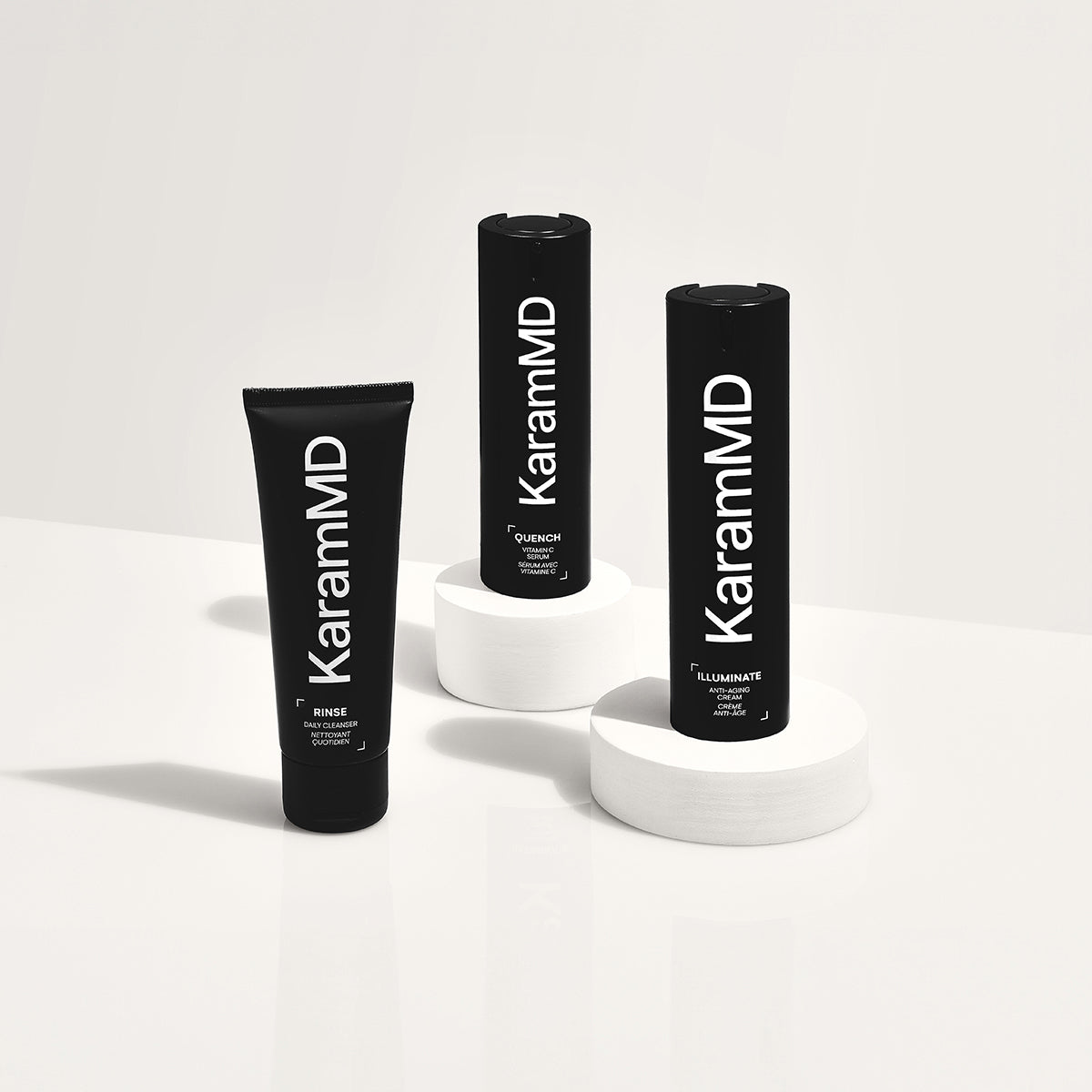
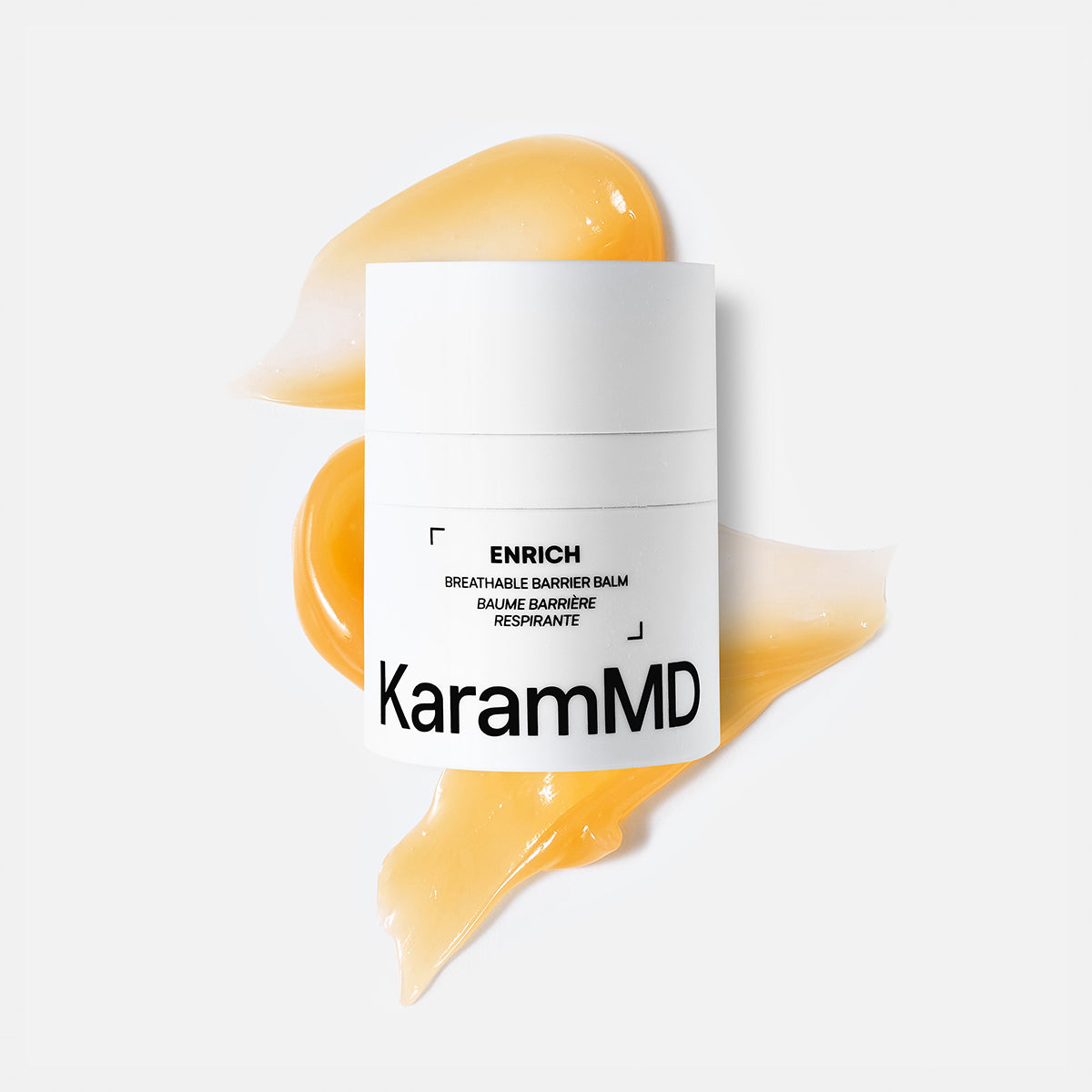
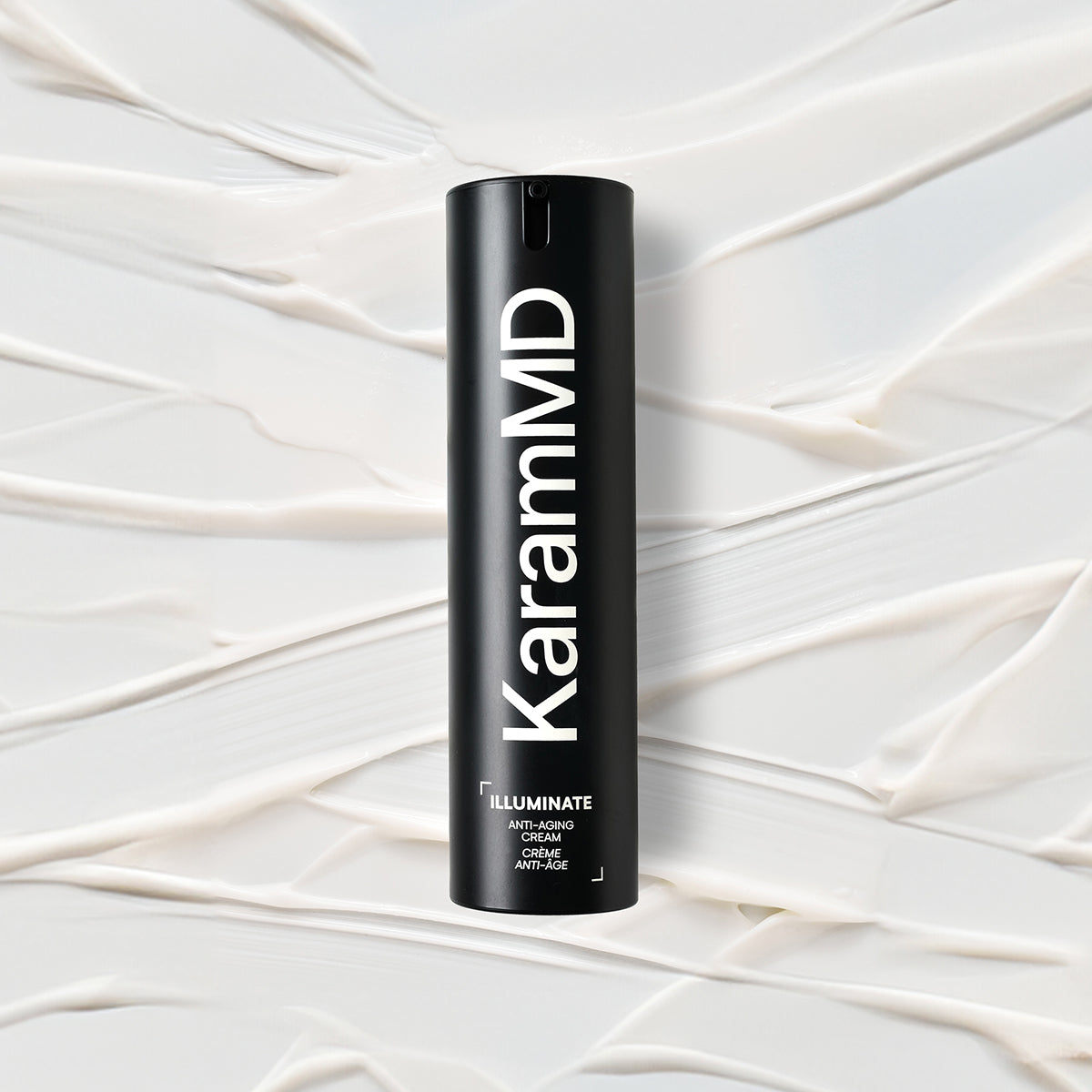
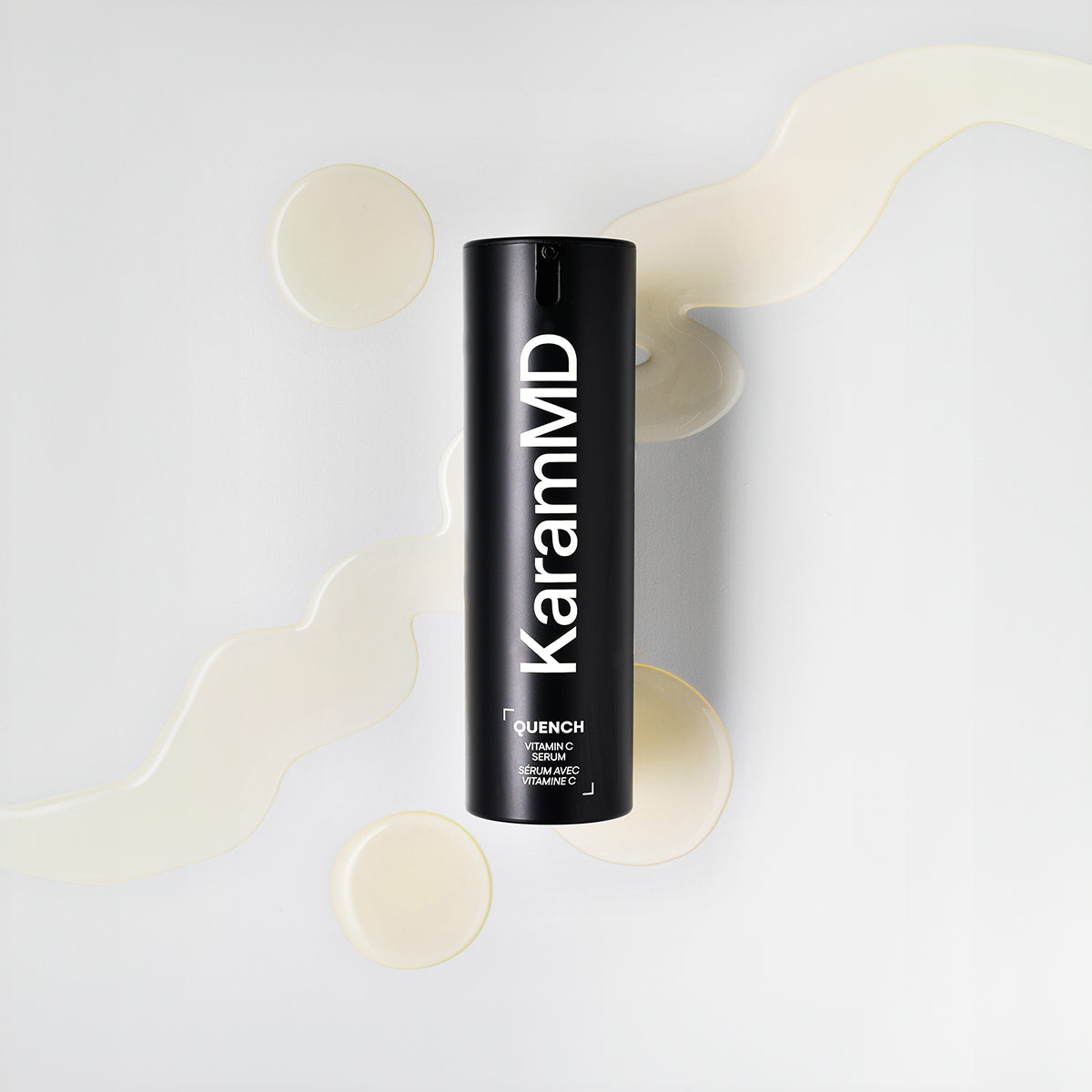
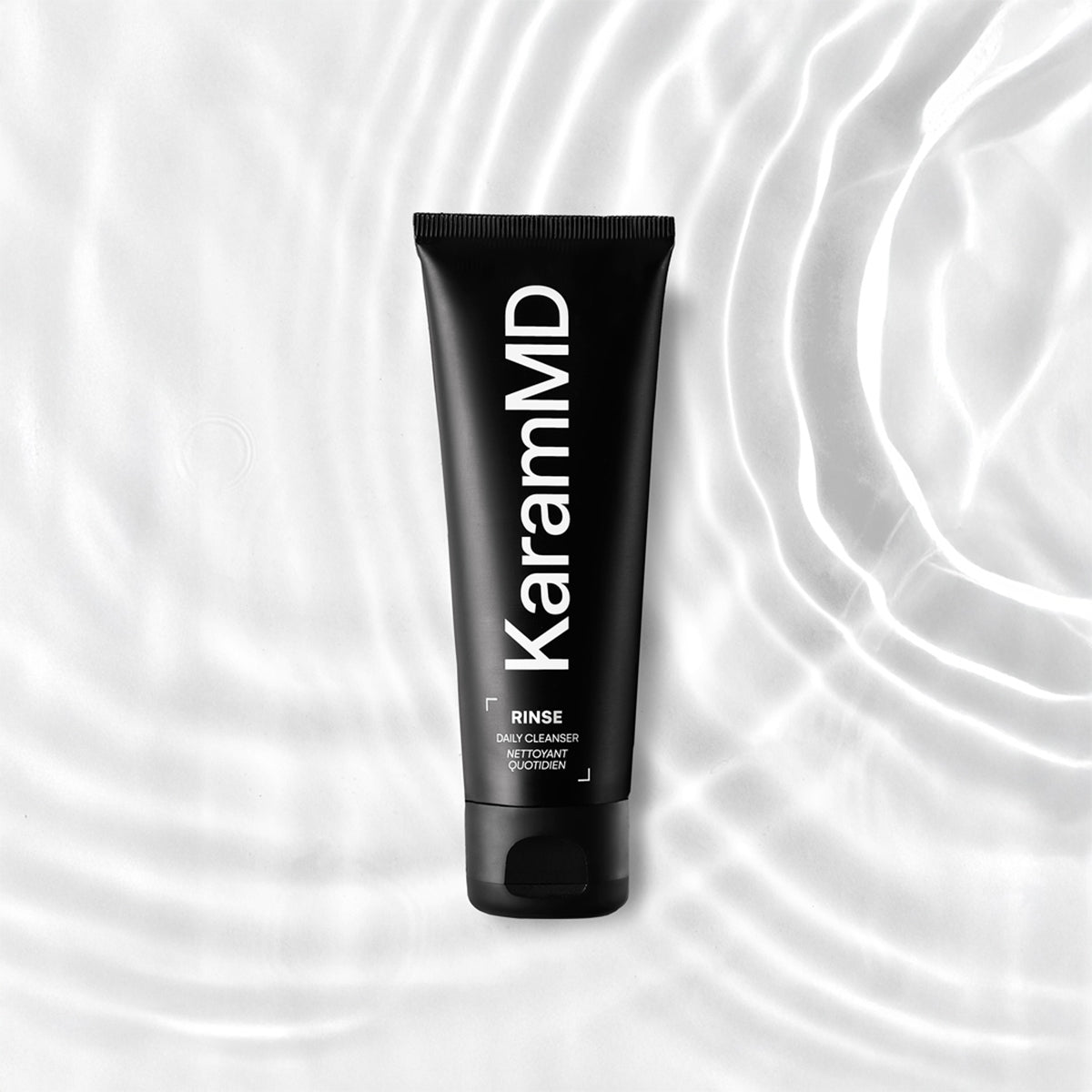
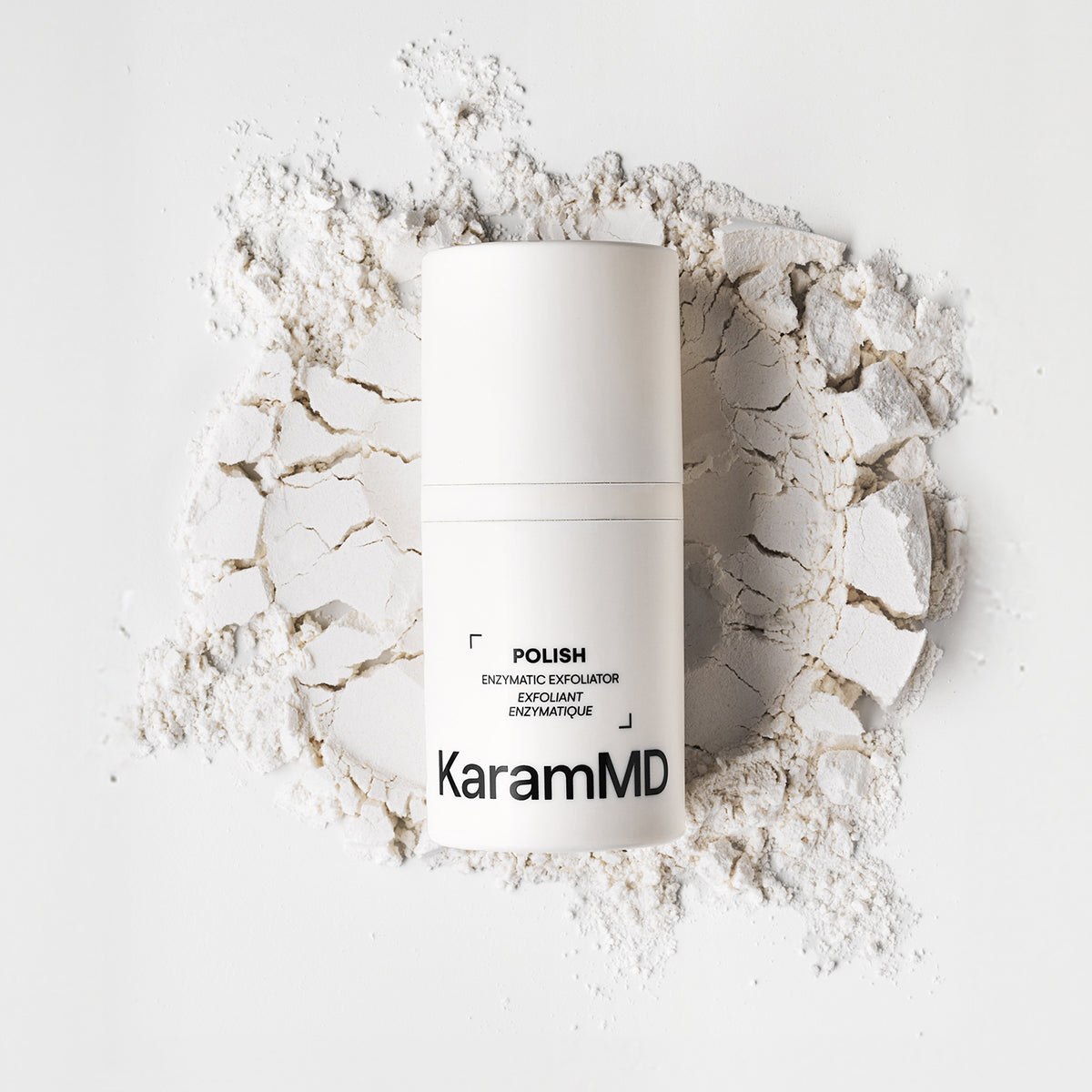
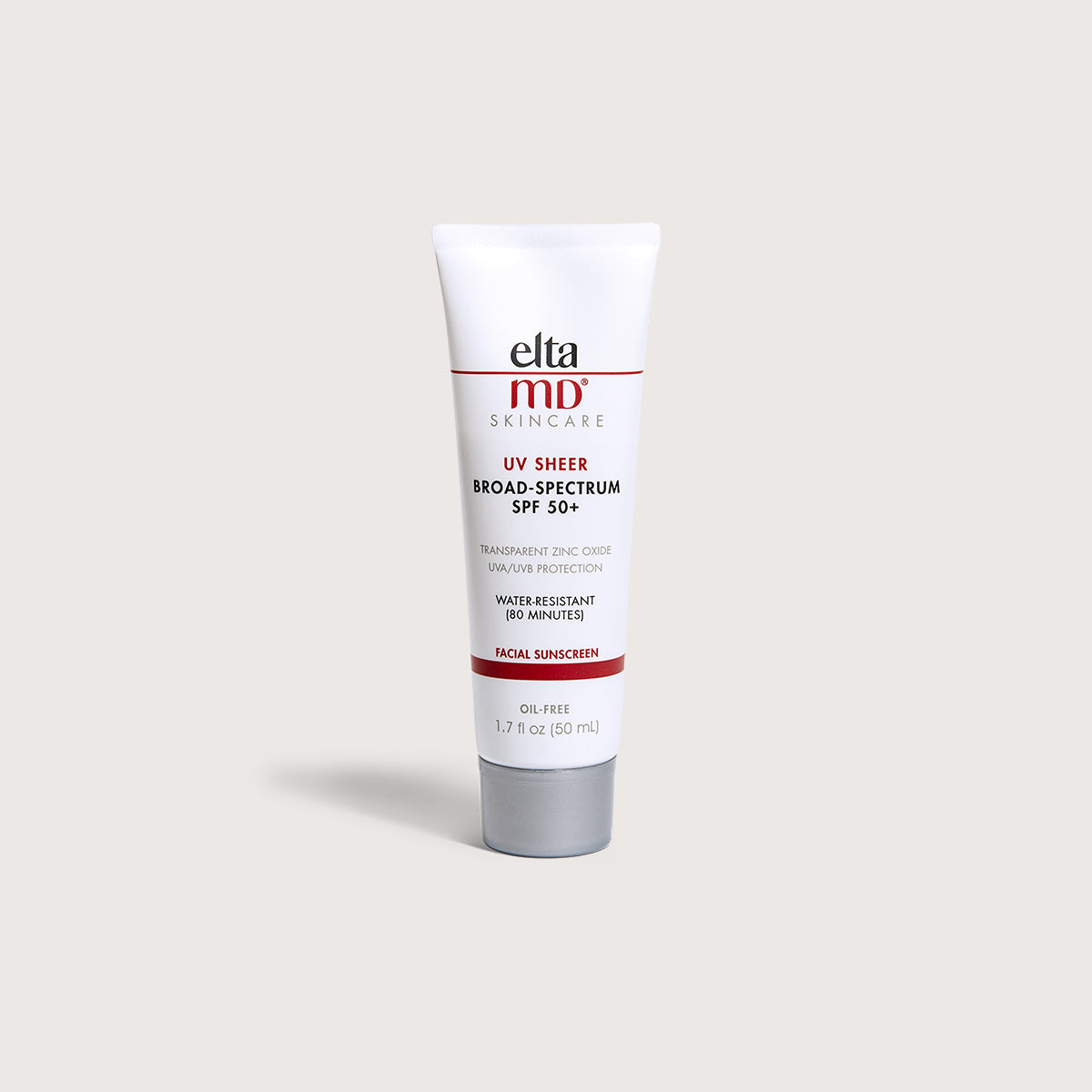
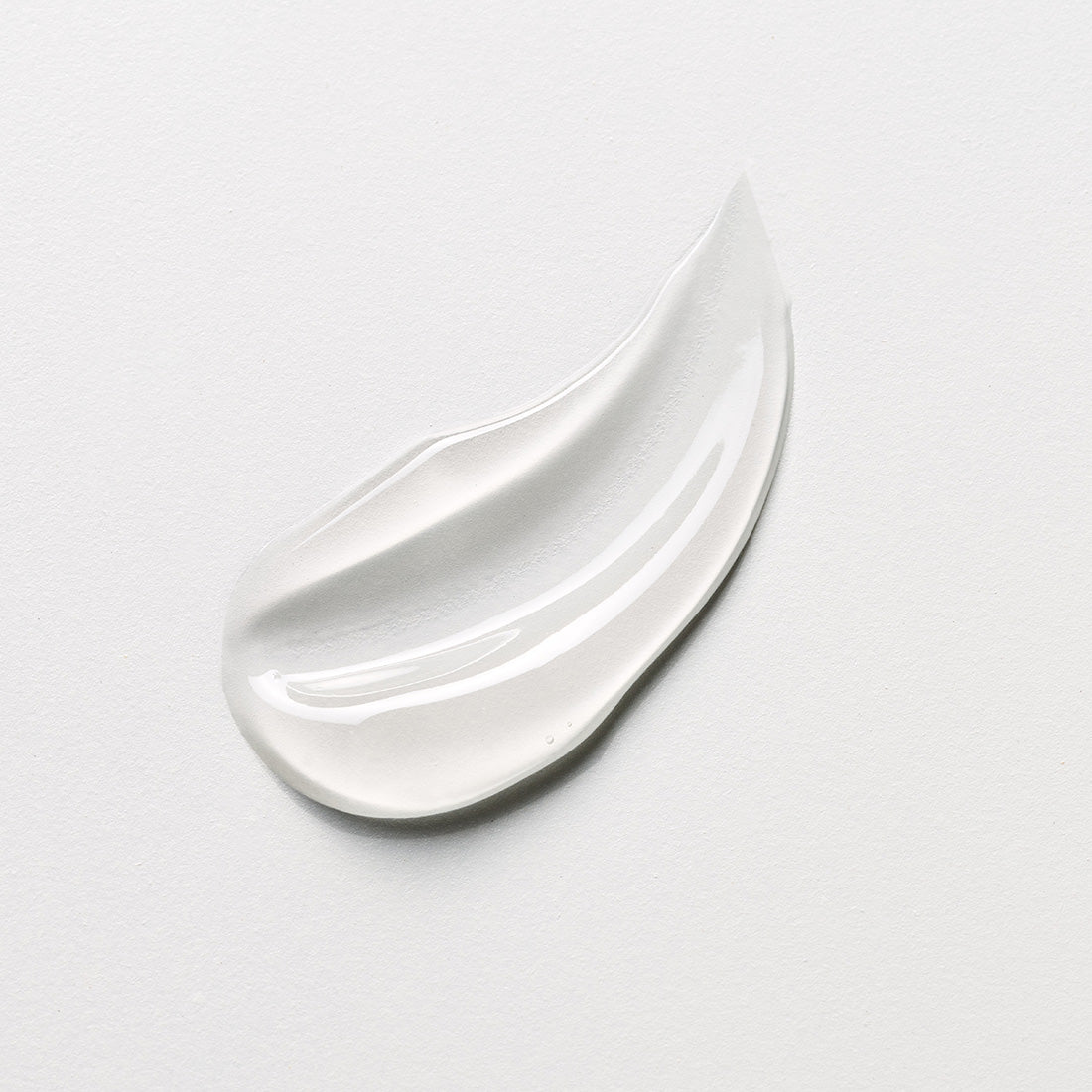


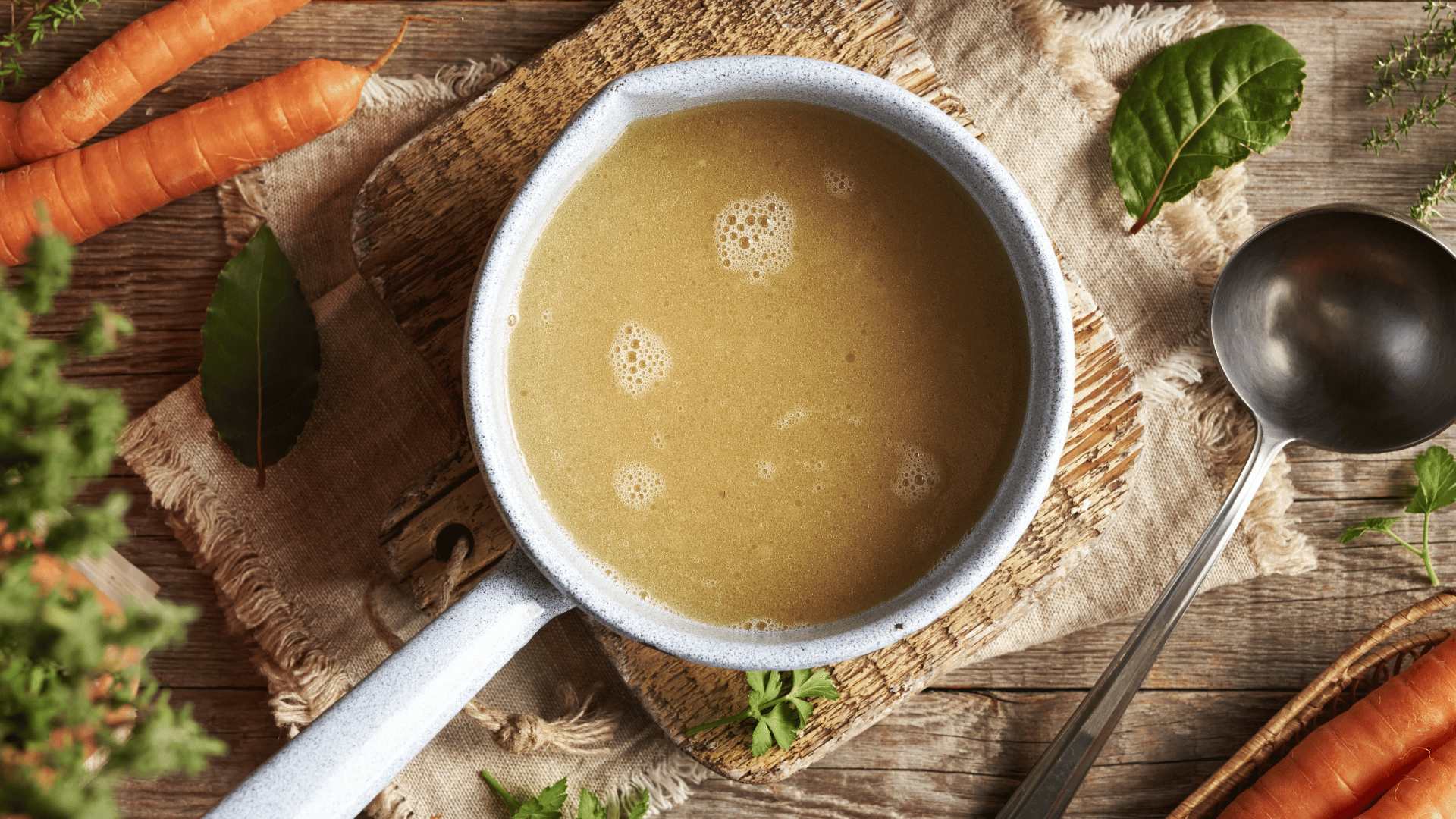


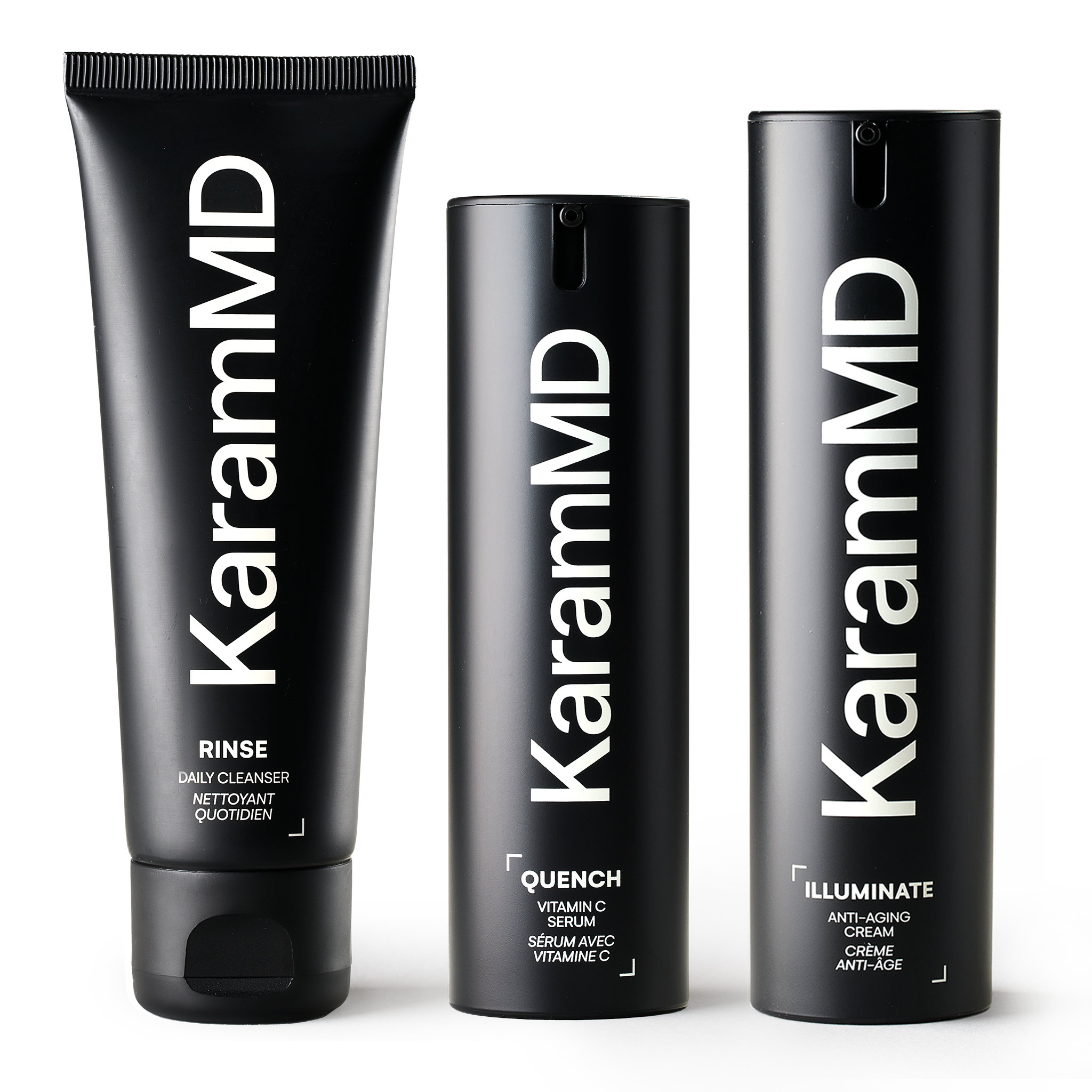
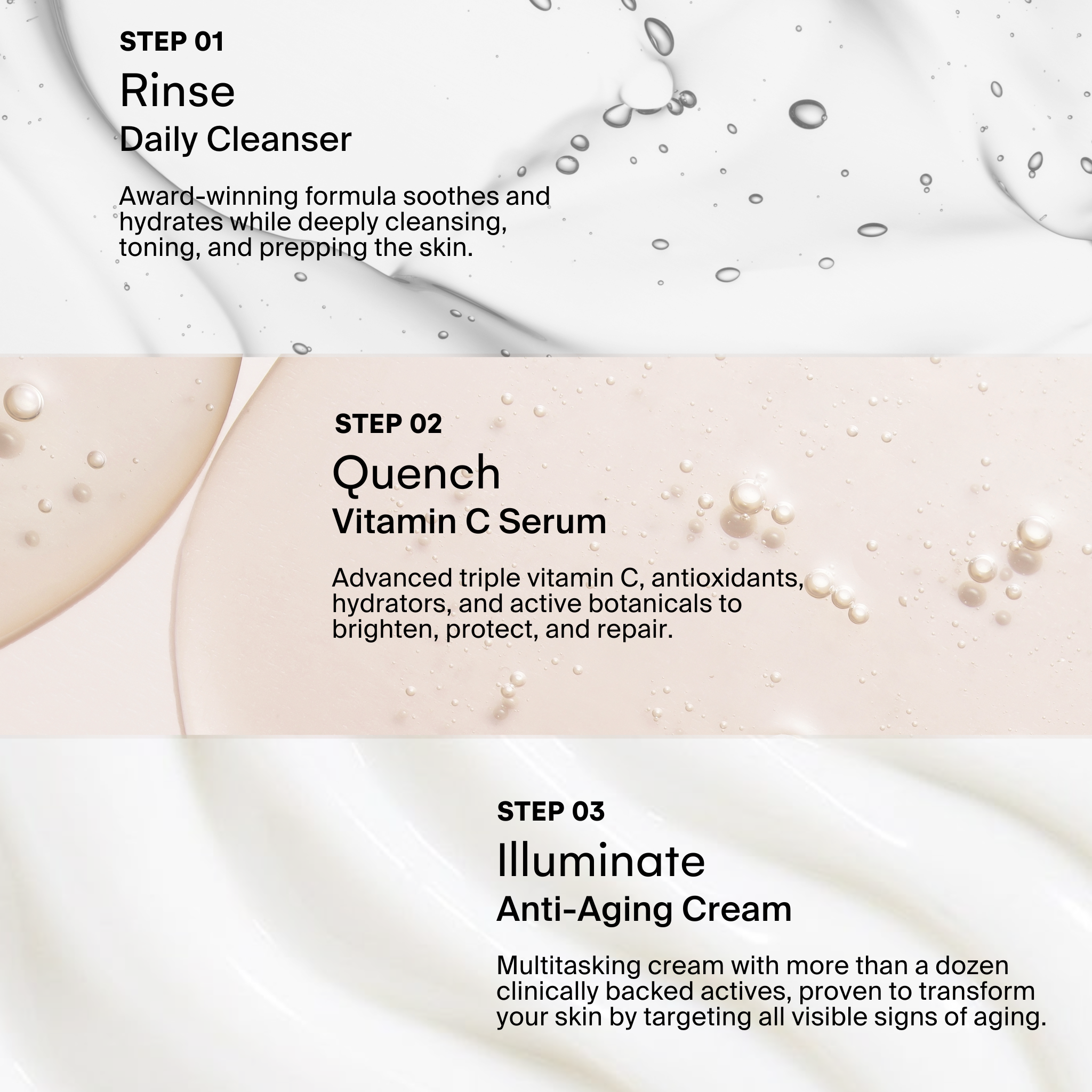
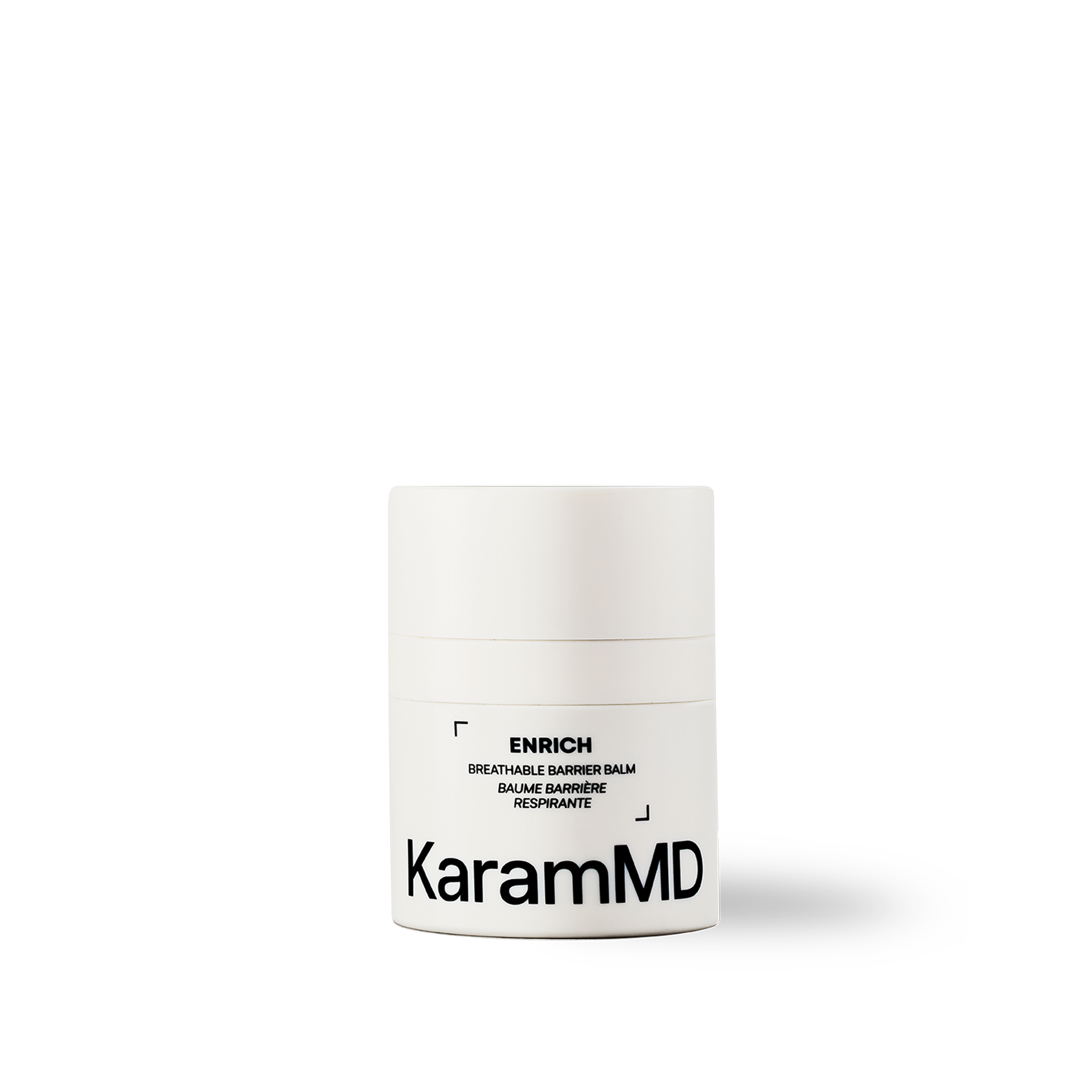
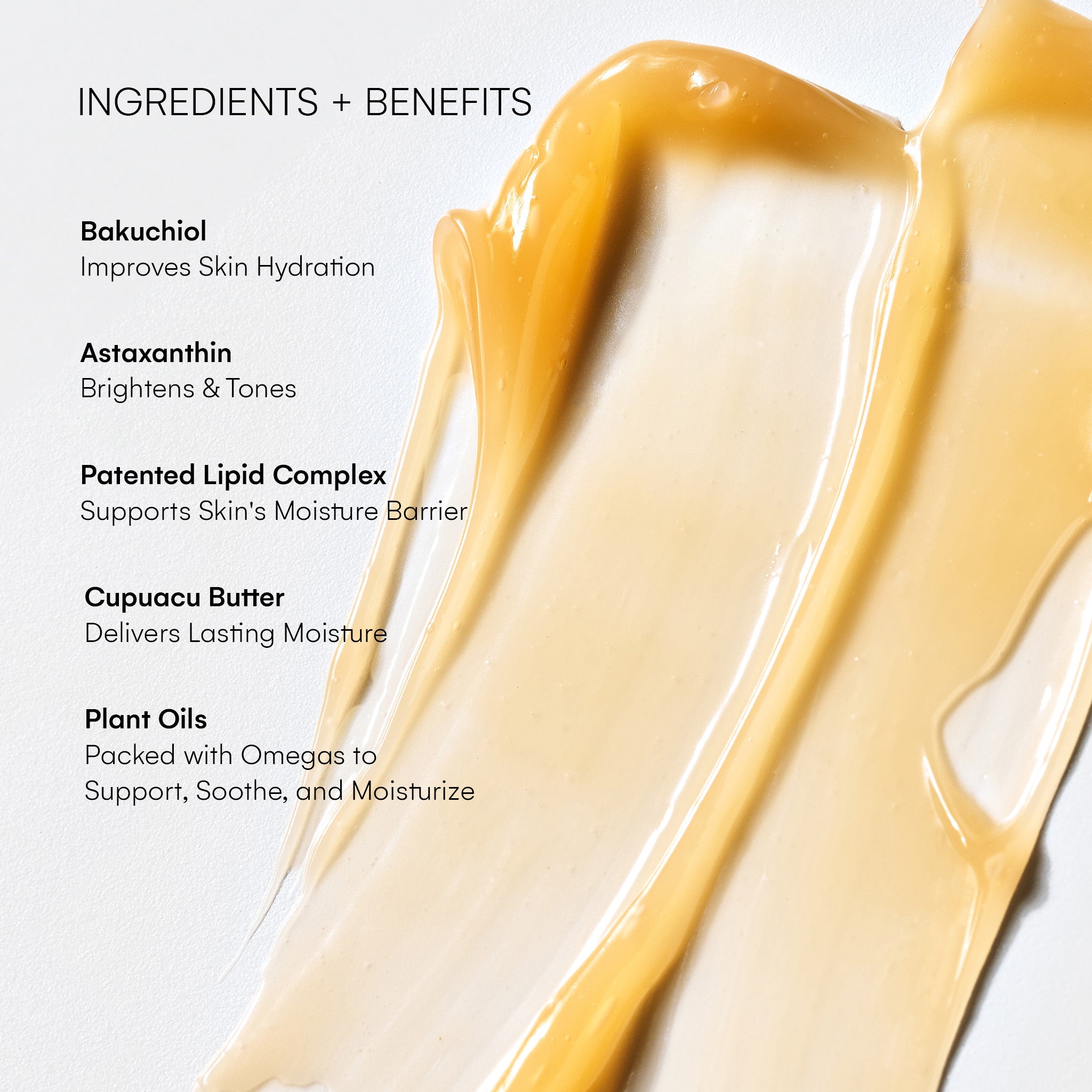
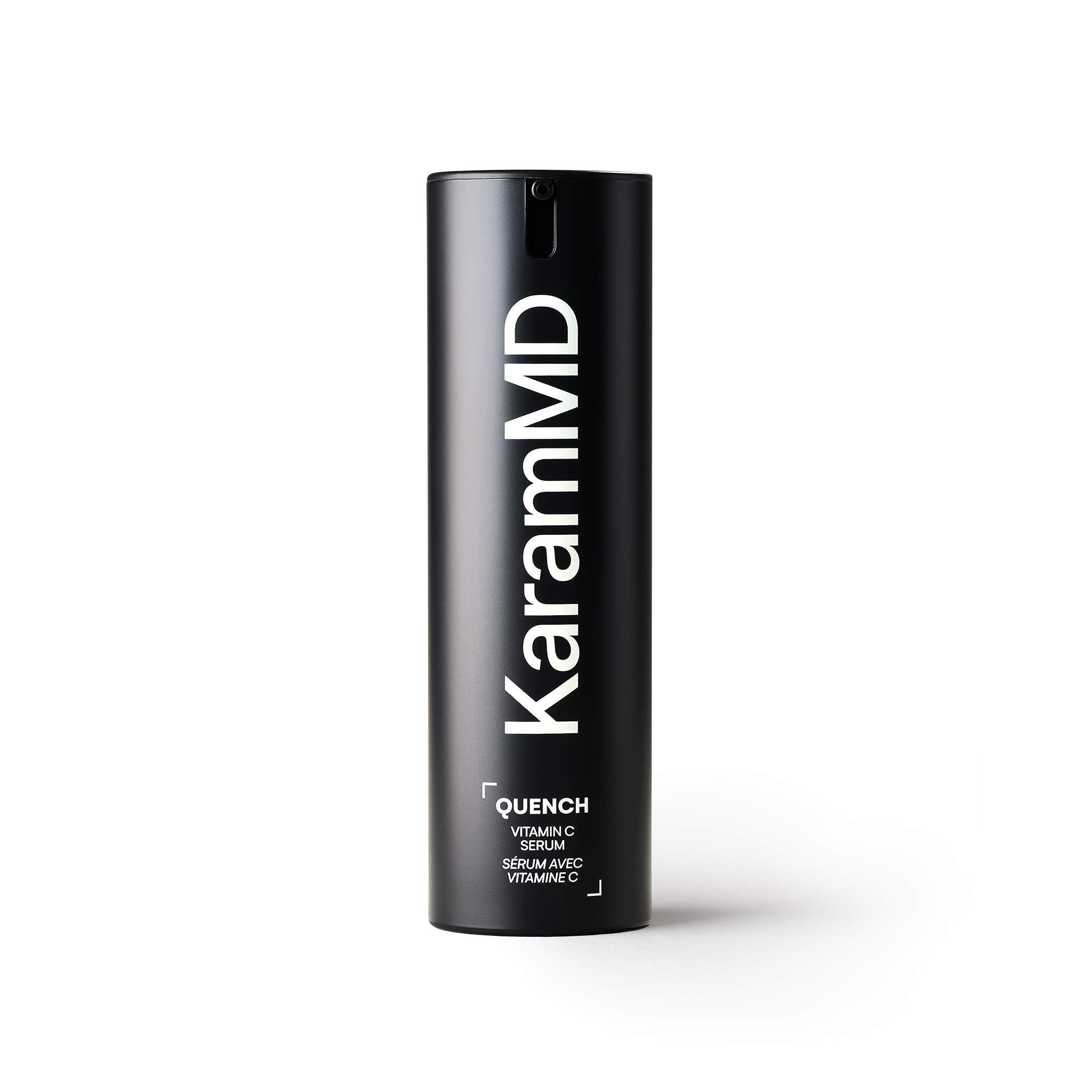
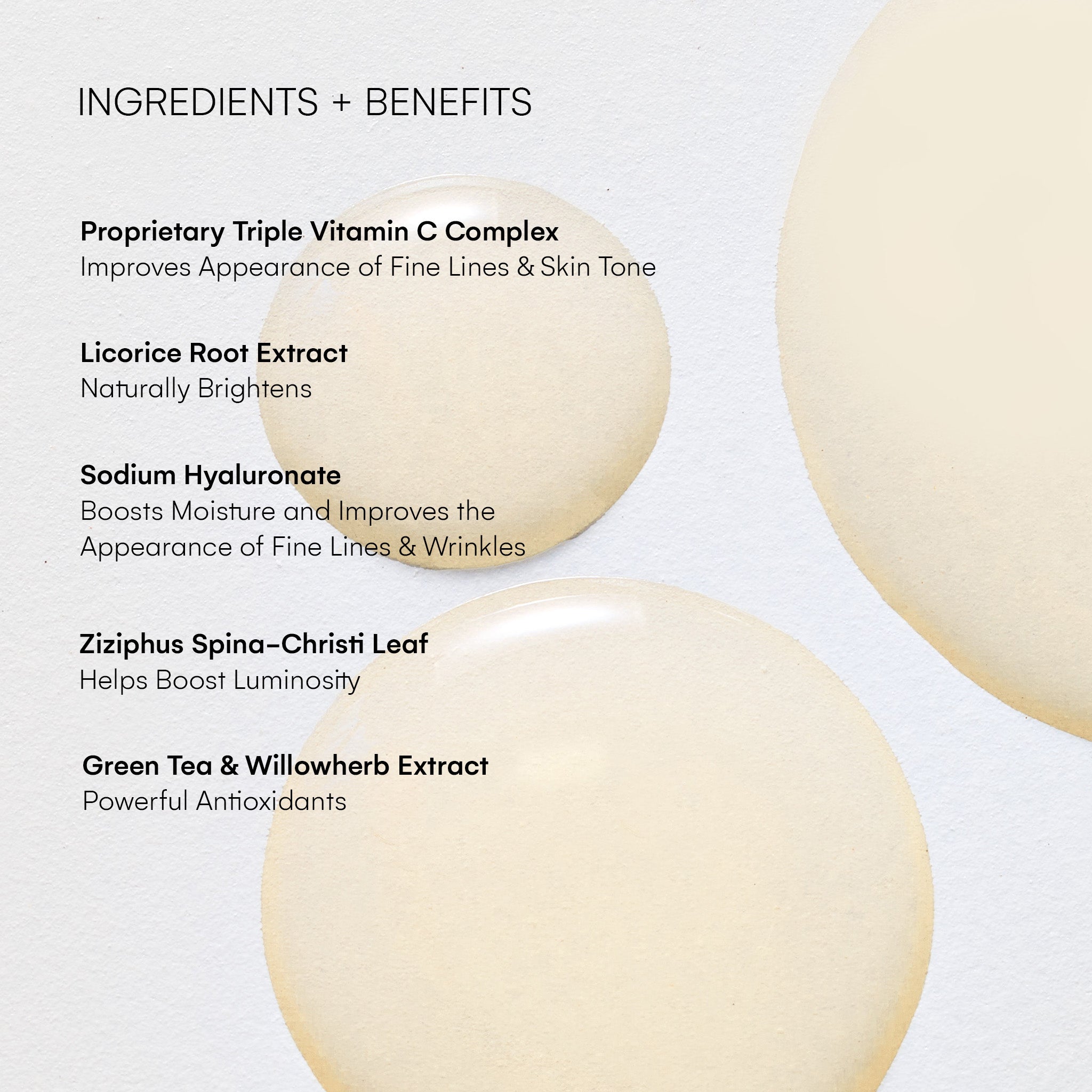
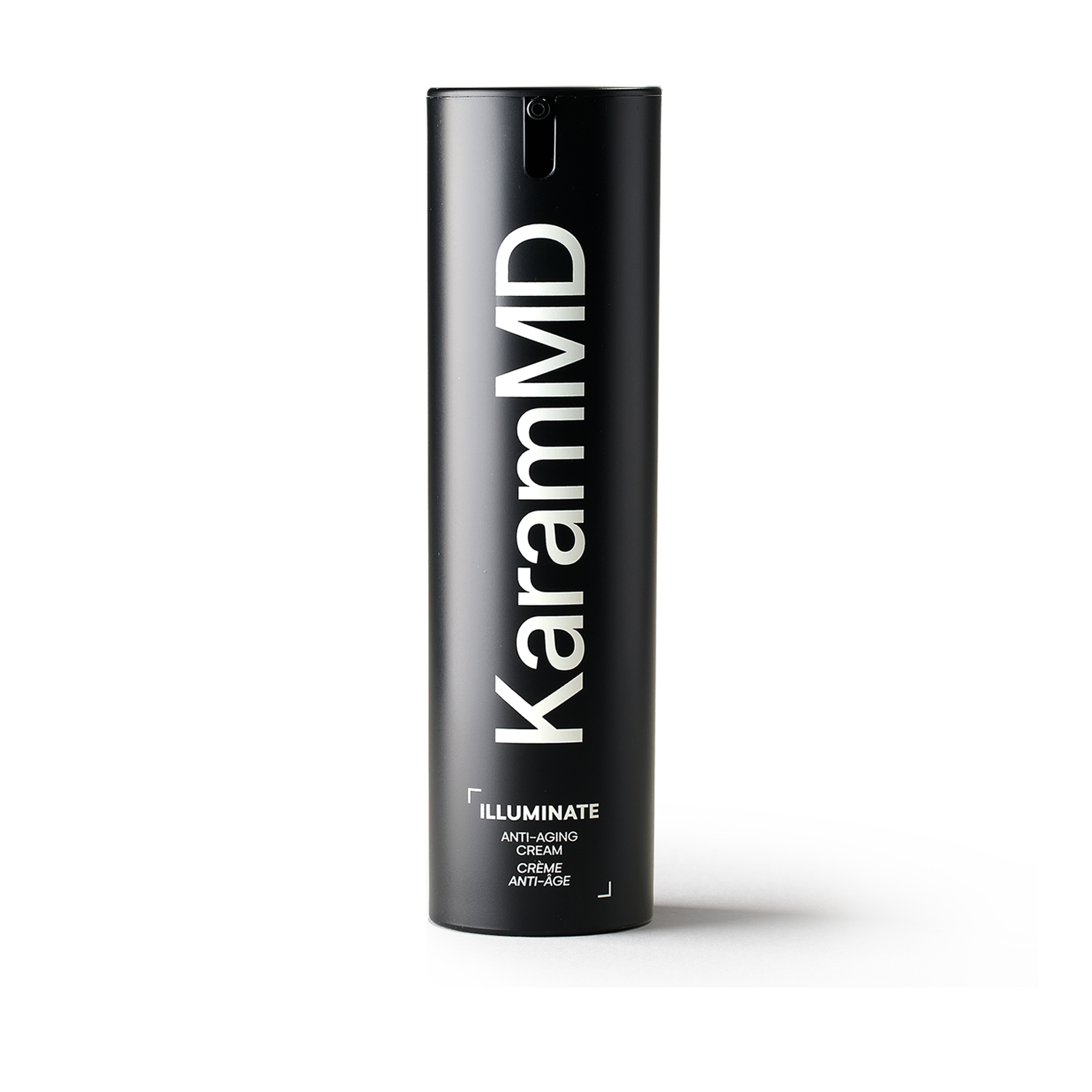
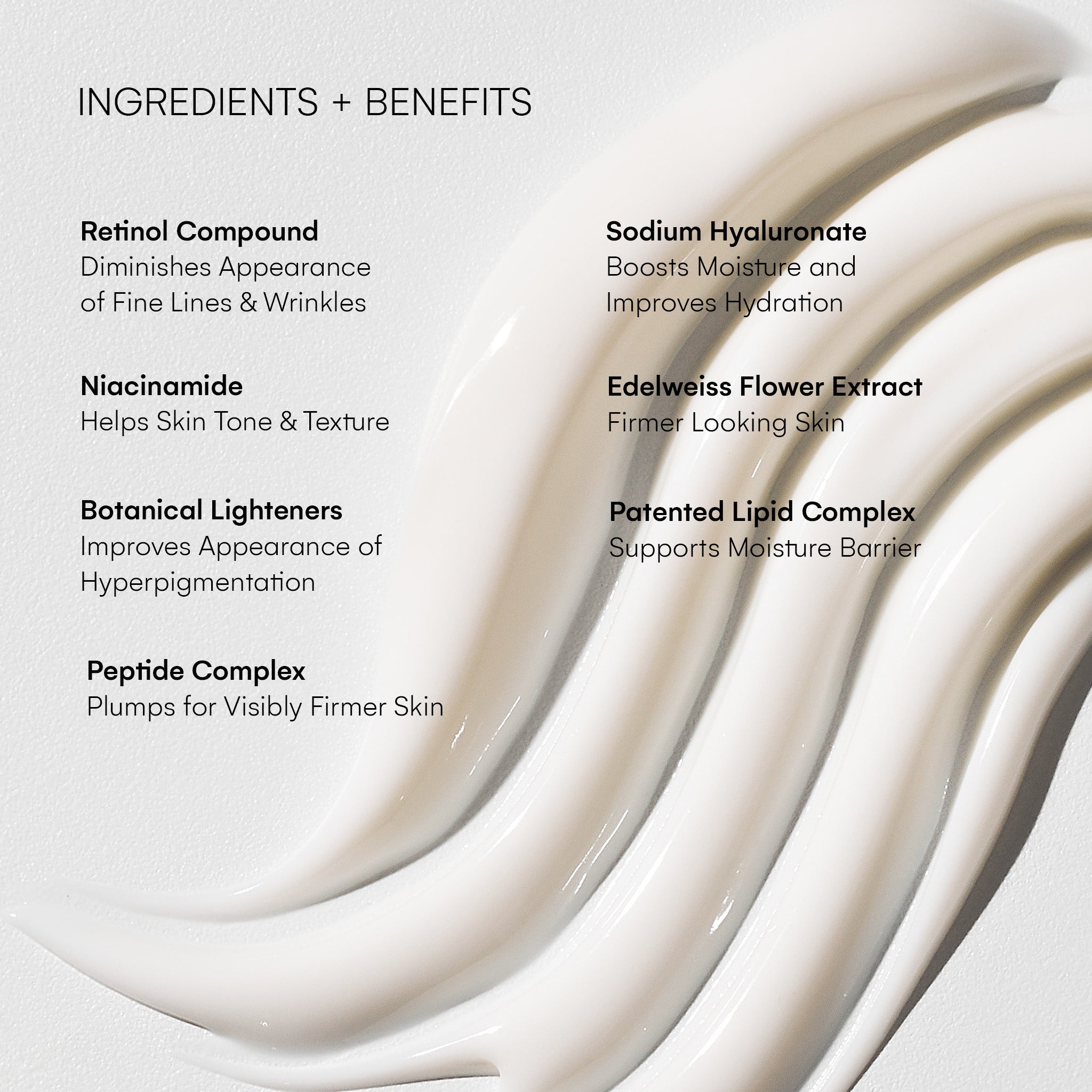
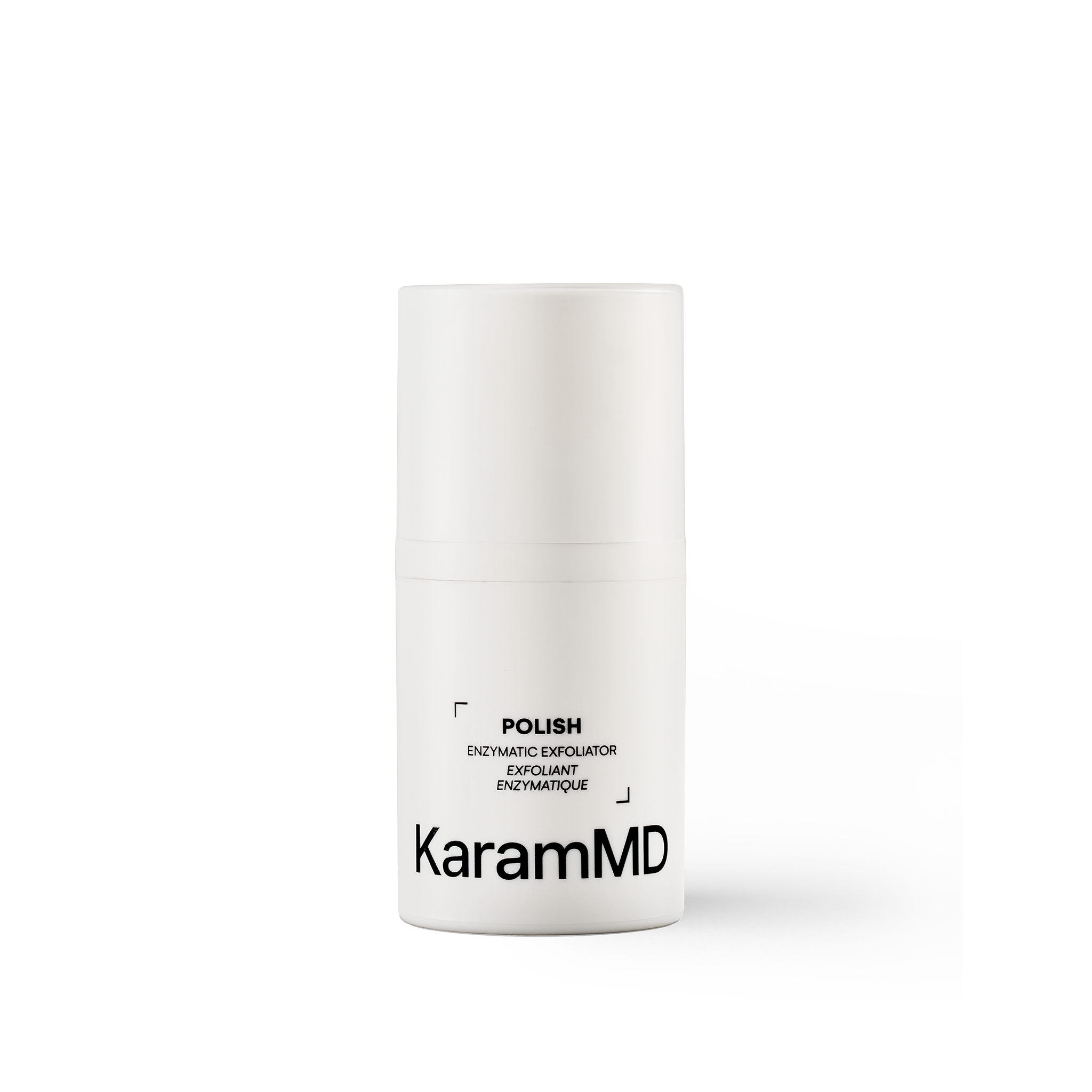
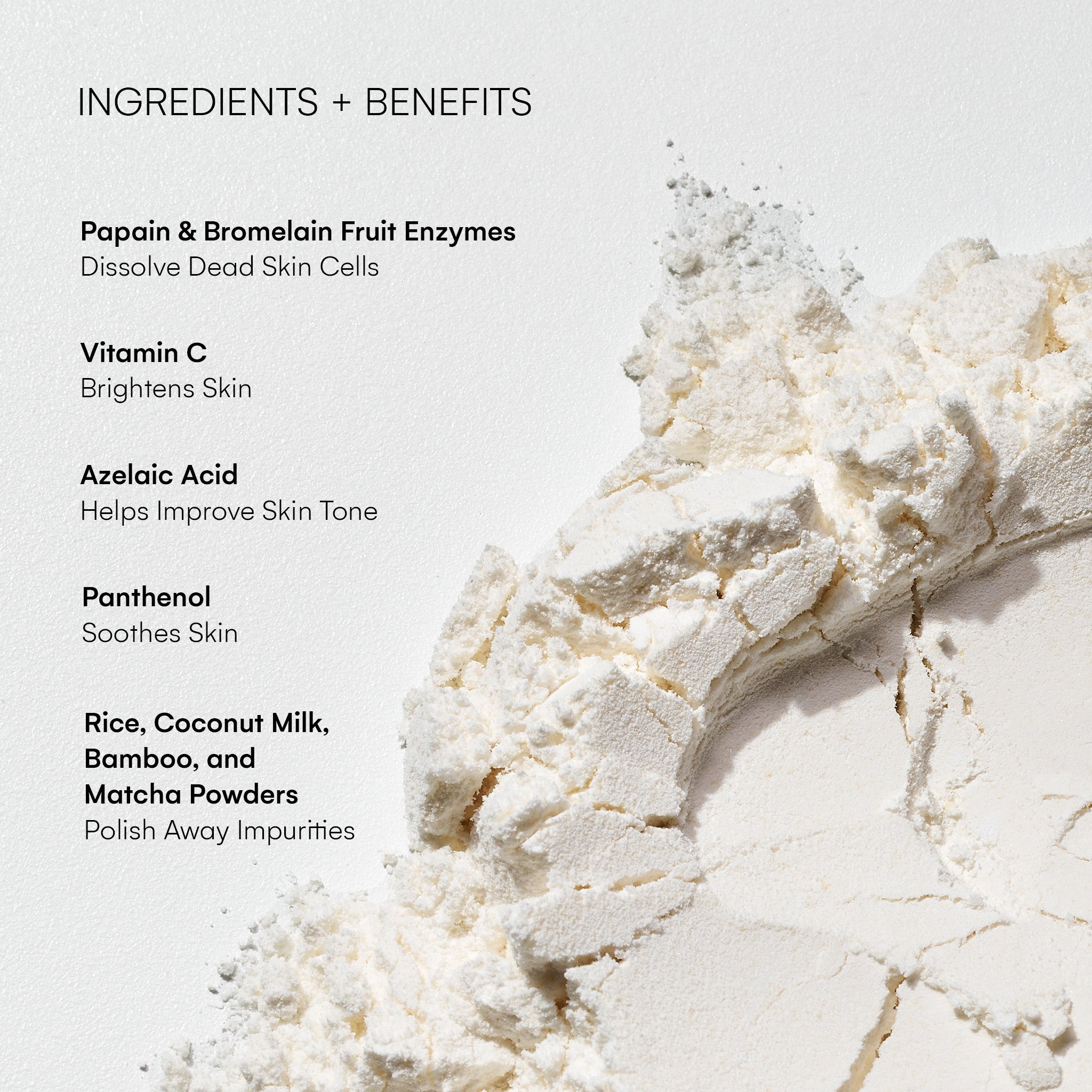
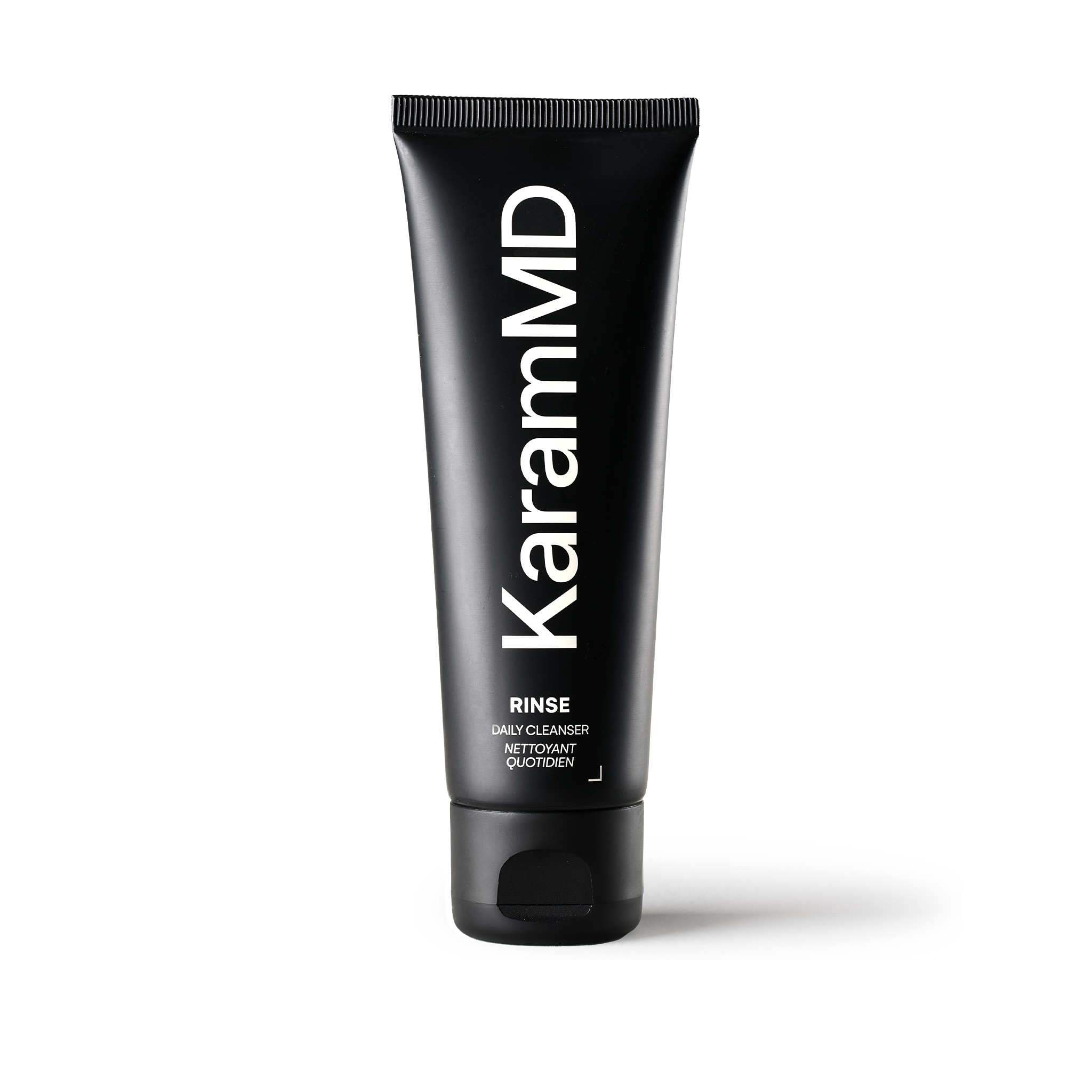
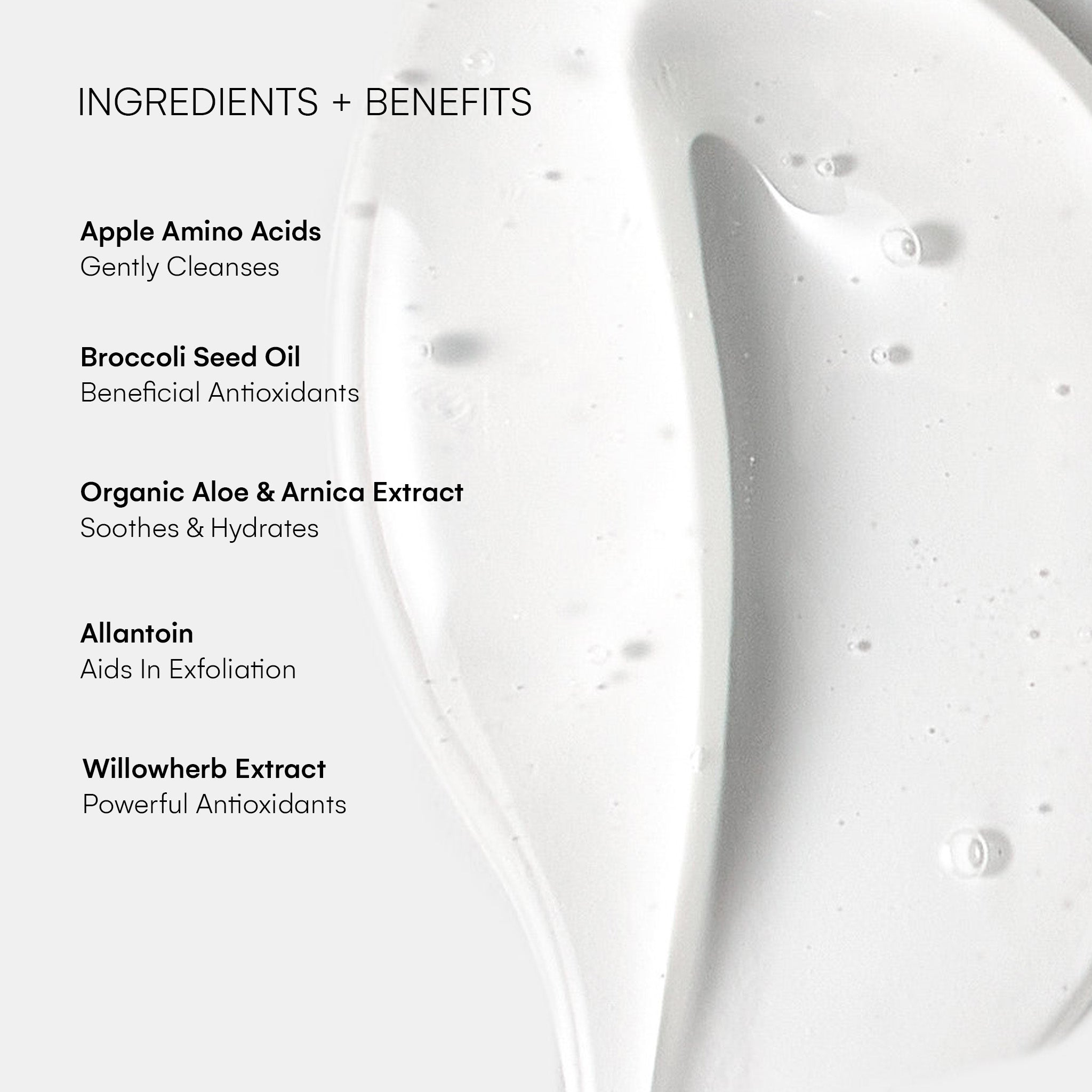
8 comments
Ambreen
Hello, are we allowed to use trifecta skincare during pregnancy?
Customer Support Team
Hi Susan,
Dr. Karam does incorporate collagen into his daily routine. He uses Vital Proteins collagen.
Susan Brusig
I read your information- very helpful but I just wanted to know the Dr’s feeling on collagen supplements- if they help and which ones could be recommended
Thank! I love the trifecta!
Leave a comment
All comments are moderated before being published.
This site is protected by hCaptcha and the hCaptcha Privacy Policy and Terms of Service apply.